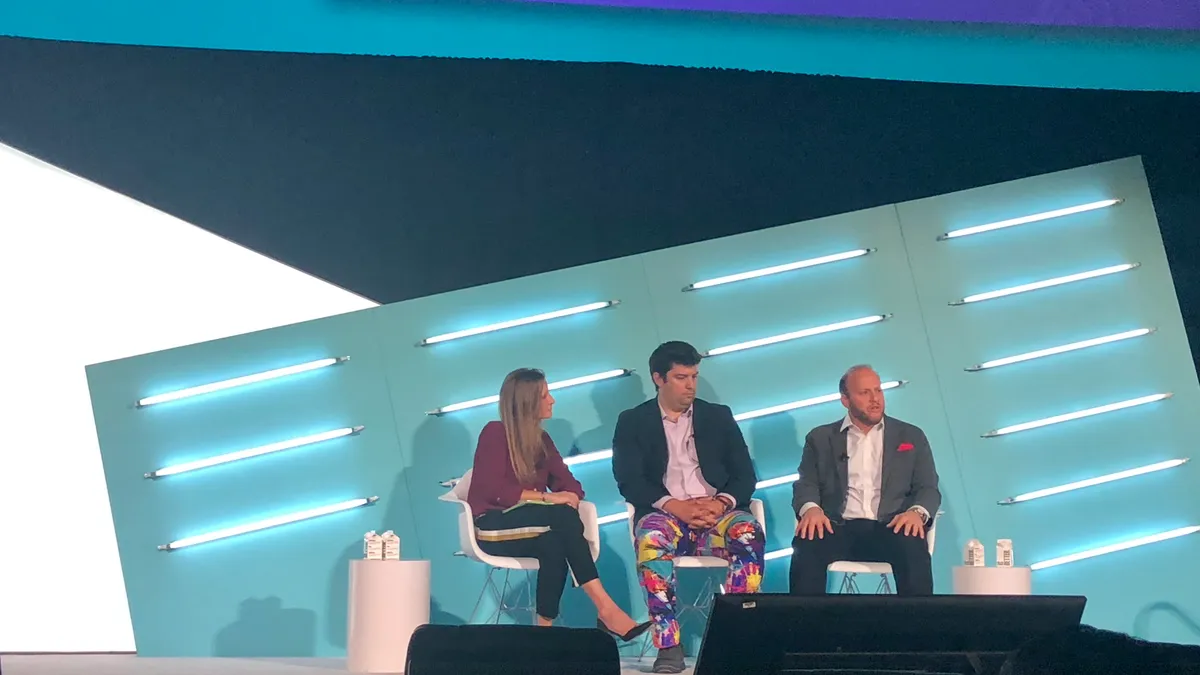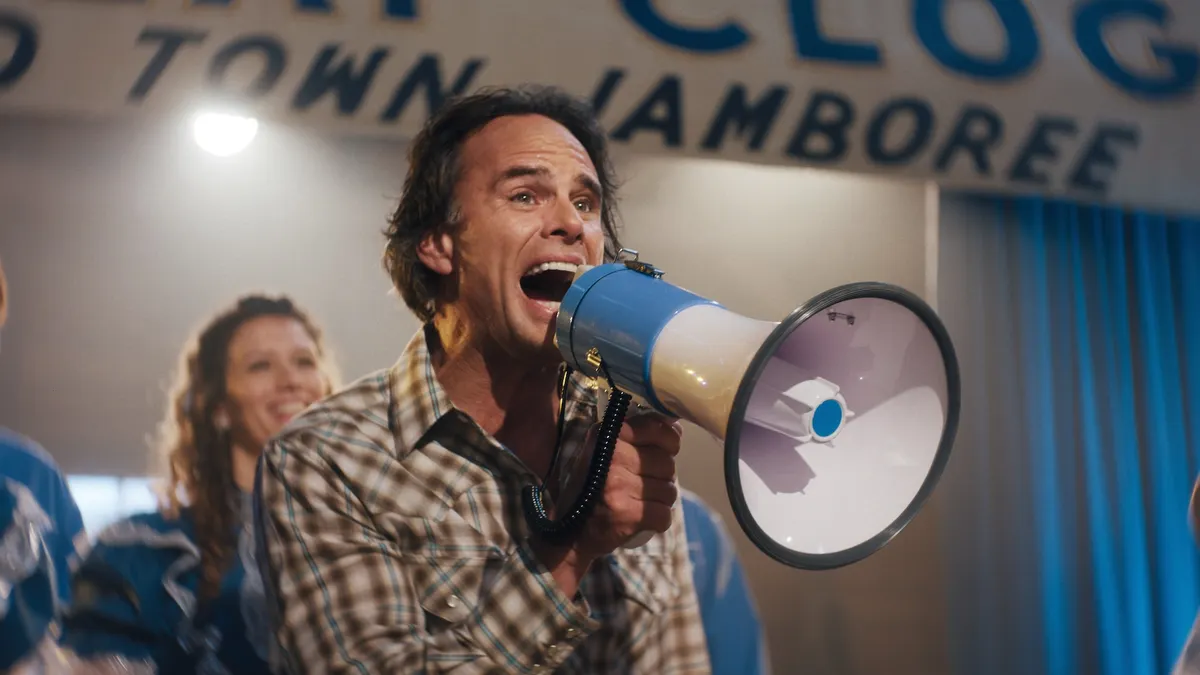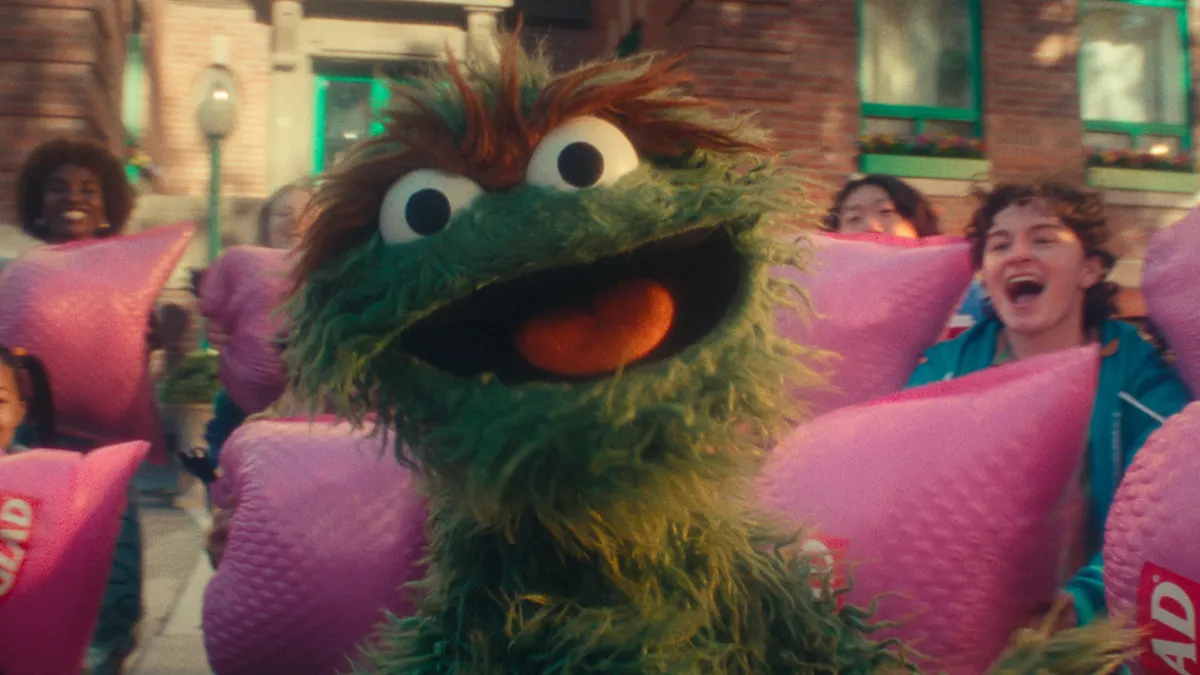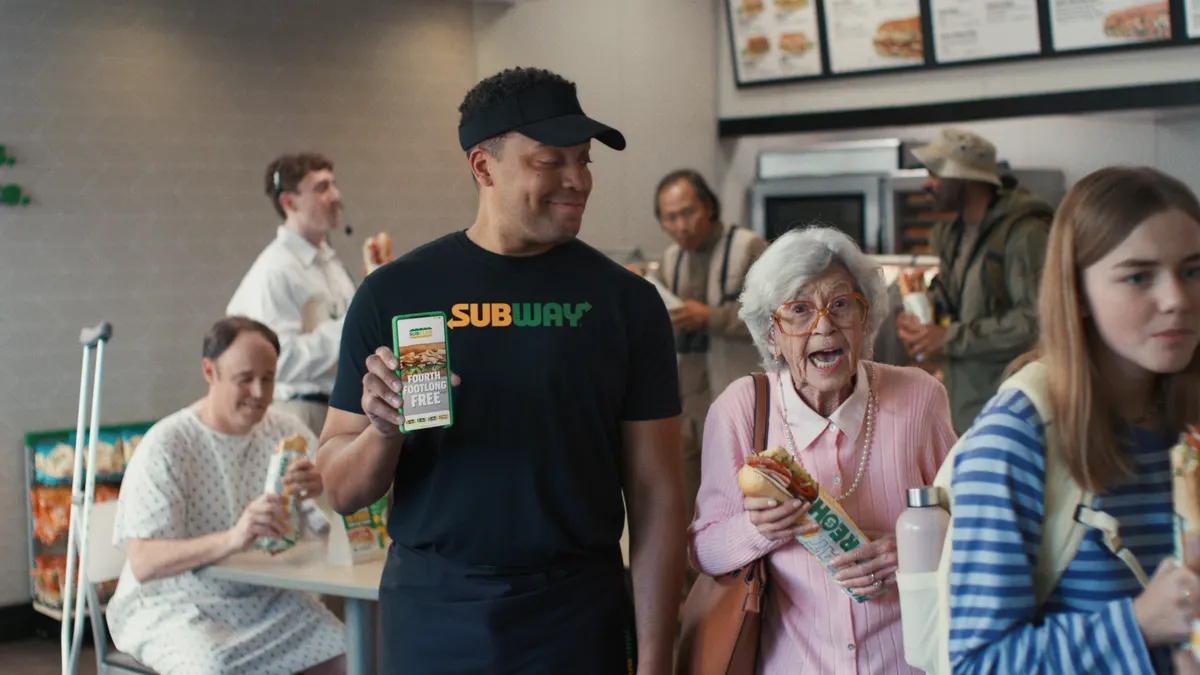NEW YORK — Esports, or professional video game playing and the people who watch it, is having a moment amid projections that the category could top $1 billion in revenue this year. It's no surprise that brands are following the money, but the types of marketers driving viewership and engagement in the space could still raise eyebrows, as evidenced by Mastercard's fruitful, year-old partnership with developer Riot Game's hit "League of Legends."
At Advertising Week, the financial services brand and partner Twitch dished on the challenges of winning over a famously prickly gamer audience and fitting in with a scene that's only recently broken out of its niche, particularly as a non-endemic brand. The strategy Mastercard enacted actually doesn't look too different from its sponsorship model with other sports leagues like MLB and PGA, but demands a more hands-off, unscripted approach and greater reliance on tactics like influencers to resonate with the tens of millions of people who follow "League of Legends."
"We didn't want to overcommercialize it because it was about [building] trust with these fans," Brian Lancey, VP and global head of sponsorships, said of Mastercard's fledgling esports marketing program. "We're a financial institution ... we're not a Nike, we're not a Red Bull — we're not a really cool brand."
Changing the model
Investing in the hobby of watching other people play video games also wasn't the most natural pitch to Mastercard management, with Lancey noting the organization is "rooted in conservative ideas." But the relative newness of esports as an advertising channel actually carries benefits when it comes to cost and first-mover advantages.
"There's this opportunity where, in esports, you can find your path and you don't have to be saddled with huge media rights," Lancey said, contrasting that with the high prices commanded by organizations like the NFL. "If you think about esports no differently than you do sports as a whole, then the model works."
Last September, Mastercard became the first global partner of "League of Legends," one of the most popular games in the world, in a bid to engage young customers who were hard to reach elsewhere. More than 60% of Twitch esports fans do not view linear TV on a weekly basis, and just half currently have a paid TV subscription at all, according to Nielsen data shared on the panel.
Despite their elusive nature, gamers tend to land in a desirable age segment, and are surprisingly affluent. The average Twitch esports fan is 27 — nearly a decade younger than the general gaming enthusiast — and has an average annual income of $72,500, Nielsen found. And while the vast majority of that base is male, female followers have grown to reach 10% of the total Twitch esports audience.
"When we started looking at esports, it was really how do we connect with a fanbase that we're not constantly already talking to through our sponsorship mix," Lancey said. "It gave us this opportunity to talk to a younger cardholder."
Unboxing success
Figuring out how to talk the talk of "League of Legends" faithful still required help. Mastercard worked closely with Amazon-owned Twitch, which commands an 85% market share of live esports content, to get the tone and media mix right. Together, the two devised a playbook that included sponsorships to build credibility with players and advertising on social media and through influencers to offer scale.
"We've always heard that the esports fans are outspoken, and if you do something bad, they'll crush you," Lancey said. "We were very sensitive in not wanting to be that brand."
Mastercard broke onto the scene by emulating a strategy familiar to brands in the gaming category like PC and headphone vendors: It shipped out loot boxes, or packages full of special swag that streamers will unbox for their viewers, to nearly 40 content creators around the world.
"Unknowingly, we basically copied the textbook of what endemic brands do, but from a non-endemic slant," Nathan Lindberg, senior director of sponsorships at Twitch, said on the panel. "It reached an audience of people outside of the generic 'League of Legends' fanbase."
The loot boxes came with minimized branding — red and orange hues, along with a small logo etched at the bottom of the inside of the box — but Mastercard made it clear that the actual video content around the promotion was sponsored for transparency's sake. Transparency from brands is appreciated among gaming fans, Nicole Pike, managing director of Nielsen's two-year-old esports practice, said on the panel, as they know advertising financially supports their favorite creators and lends more authenticity to esports.
"Everyone today feels like Gen Z millennials are anti-advertising ... They just want transparency," Twitch's Linberg said. "Mastercard got a lot more value out of the fact that they were overt."
Taking it to the next level
Mastercard moved to prove itself on a larger stage at the League of Legends World Championship later in the fall of 2018, setting up AR activations, custom merchandise and other immersive elements at the South Korea-based tournament. Branded content around the show drew 1.1 million views and 17 million engagements, per a highlight reel screened during the discussion.
"We built this five-day immersive experience," Lancey said. "We had partnered with Twitch to stream content for eight hours each day and we saw more watched branded content in one weekend than some of our other sponsorships that are five weeks long."
But executives on the panel cautioned that tracking the success of esports marketing has hurdles given a lack of standardized measurement and metrics and the global nature of the sport. Media waste is a top concern, according to Lindberg, since localizing for a scattered audience can be difficult, and not all brands advertising with esports sell in the markets where it's popular.
"When you're a brand that wants to invest in the space, being able to minimize that waste is the single most important thing to get that checkmark from your CMO," Lindberg said.
Quality data for campaign planning and tracking is another hurdle, reflecting challenges broadly impacting digital marketing. Asking the Advertising Week crowd who was confident they had the data needed to efficiently buy and sell around esports, Lindberg received few takers.
"It's tough. We're not there yet," he said. "I think that's a very telling situation that a lot of brands are taking leaps of faith. I think those leaps are paying off."





















